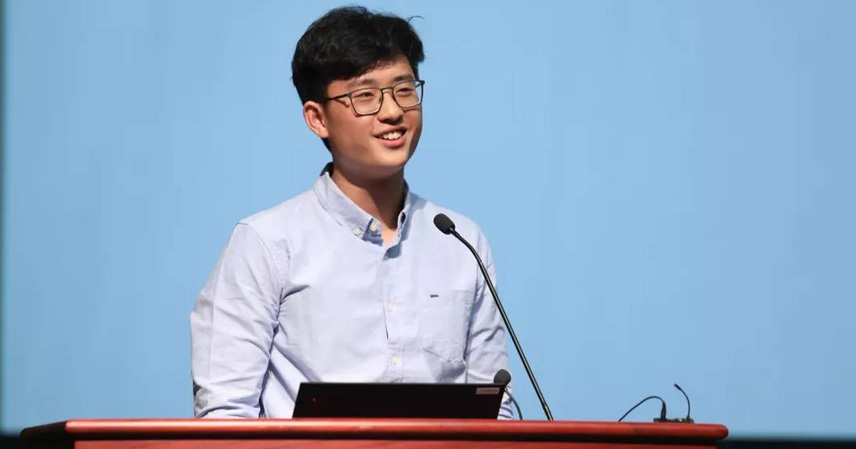Recently, the AI world was stirred by a notable development: 27-year-old Chinese researcher Yao Shunyu has left OpenAI. A graduate of Tsinghua University’s elite Yao Class and a PhD in Computer Science from Princeton, Yao has earned industry-wide recognition for his outstanding contributions to intelligent agents.
Although rumors suggested Yao would join Tencent with an “astronomical salary package,” the company officially denied this through its “Tencent Blackboard” channel. This indicates that Tencent is not his next stop, but his future direction continues to attract widespread attention.
Why is Yao’s career move so significant?
Yao Shunyu’s academic and professional background is nothing short of star-level.
- In 2014, he won a silver medal at the National Olympiad in Informatics (NOI).
- In 2015, he scored 704 points in the college entrance exam, ranking third in Anhui Province, and was admitted to the prestigious Yao Class at Tsinghua.
- At Princeton, he specialized in natural language processing and reinforcement learning.
His research has not only had broad academic impact but also practical significance for AI development. He introduced the ReAct (Reasoning + Acting) paradigm, the Tree of Thoughts (ToT) framework, and created the SWE-bench benchmark dataset—all widely adopted in academia and industry. Notably, both ReAct and ToT have each been cited over 4,000 times, and his total citations exceed 15,000.
After joining OpenAI in 2024, Yao quickly became a core researcher, deeply involved in projects like Operator and Deep Research. These initiatives represent OpenAI’s push to transform large models from conversational tools into task-executing intelligent agents.
The “Second Half” Concept: From Training to Evaluation
In April 2025, Yao published a blog post titled “The Second Half”, sparking intense discussion. He argued that AI development has entered a new stage:
- First Half: Focused on building more powerful models and training methods (e.g., Transformer, GPT series).
- Second Half: Shifts toward defining meaningful real-world tasks and establishing effective evaluation systems.
Yao emphasized that Evaluation will matter more than Training. In his view, the key question is no longer “Can we train a model to solve XX?” but rather “What should we train AI to do, and how should we measure true progress?”
This perspective calls for a mindset closer to that of a product manager—defining problems, setting metrics, iterating solutions, and ensuring that AI delivers measurable value in the real world.
Leaving OpenAI: What’s Next?
Yao’s departure has naturally sparked speculation. Despite Tencent’s denial, several possibilities remain:
- Joining another tech giant: Meta and other international firms are rumored to have offered huge packages to lure OpenAI talent.
- Entrepreneurship: Leveraging his insights into the “Second Half” of AI to launch his own venture.
- Research with a new focus: Possibly pivoting toward AI evaluation frameworks and real-world applications, even evolving into a research-oriented product manager.
What does this signify for the AI industry?
Yao’s exit highlights the fierce global competition for AI talent. The flow of such top-tier experts often signals shifts in both technological direction and market strategy.
His concept of the AI “Second Half”—moving from solving problems to defining them, and from raw model capability to real-world value—has already influenced how the industry thinks about AI’s future.
As AI matures, the urgent question is how to translate breakthroughs into practical, measurable solutions. In this context, Yao Shunyu’s next step—whether academia, industry, or entrepreneurship—could serve as a bellwether for the next phase of AI evolution.
References
- Yao Shunyu, The Second Half (2025).
- OpenAI research publications on ReAct, Tree of Thoughts, and SWE-bench.
- Media reports: Tencent Blackboard, Financial Times Tech, 2024–2025.



